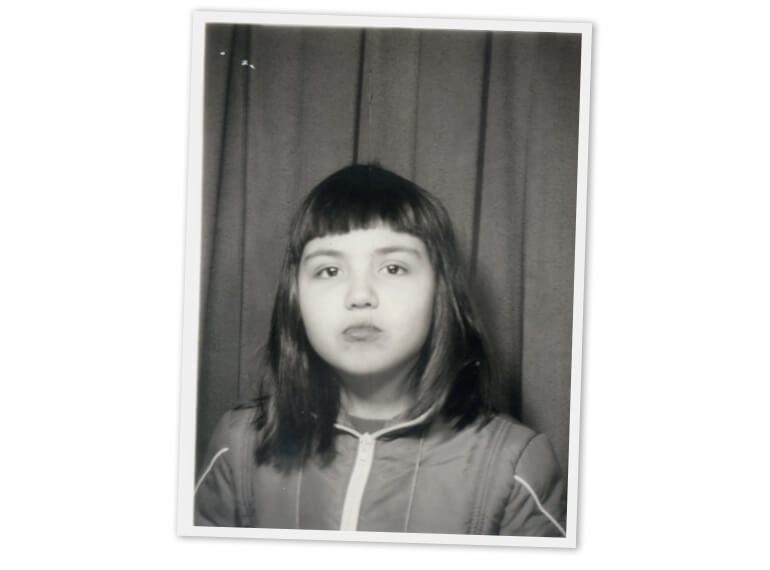I was eight years old when I first became aware of what it meant to be resilient. My parents had recently divorced, my father had disappeared from my life, and I was a very sad child. And then my mother brought a group of people into our life who showed me what it meant to be resilient.
These people. Let me tell you a little about them.
They were young—in their early to mid-20s. They were exiles from Chile who found amnesty in London, where I lived as a child. In Chile they had been student activists, literacy workers, musicians, supporters of the progressive Allende government that was overthrown in a brutal military coup on September 11, 1973. A coup funded and partially orchestrated by the CIA.
Thousands—an unknown total—were killed. Thrown into the Pacific Ocean. Dumped in unmarked graves. “Disappeared.”
But Ricardo and Sylvia and Marta and Jacinto and many more found refuge in England. And in my mother’s ESL classes. And then in our living room. In our living room they told stories, and somehow I heard those stories, stories that weren’t appropriate for a child’s ears.
Stories of electric shocks to genitals. Of being drowned in a bucket of vomit. Of los desaparecidos. Of solitary confinement in an underground pit. Of women raped front of their husbands. Stories that gave me nightmares.
“Why did they torture you?,” I asked Ricardo, who’d endured the junta’s brutality for three years.
“Because I was teaching peasants to read and write,” he responded. Literacy has always threatened those in power.
It’s a wonder I became a teacher.
My friends, these survivors, were gentle people. Ricardo told stories of playing with his dog in Chile’s idyllic countryside, he drew cartoons and comic strips that I pinned to my wall, he organized dance parties every Sunday evening when Top of the Pops aired on TV. Every weekend we watched the Chileans play soccer in freezing London fields. Our new friends taught us to make empanadas stuffed with potatoes and carrots, and hearty beef stews.
And the music. In my saddest days as a child, the music lifted me and kept me connected to this world. Musicians slept on our couch and on our floors as they passed through on tours, Quilapayún and Inti Illimani, groups with indigenous names who revived the playing of traditional instruments and incorporated politically conscious lyrics. We went to one peña after another—a peña is a kind of party, with music and dancing and food and often to raise funds and awareness. The fundraising was always for the imprisoned and exiled. The awareness about the dictatorship. About the desaparecidos. They did not disappear from our lives.
And the Chileans would swing me around and hoist me up on their shoulders, bringing joy into my sad little body, and they’d play the guitar and sing songs of freedom and resistance. Like this one, by Violeta Parra. Like this one by Victor Jara. And this one por que el pueblo unido jamas será vencido.
And I saw that these people who had suffered trauma were not broken. Gracias a la vida.
They were still capable of joy, of building loving connections with others, and of finding their voices and telling their stories.
I felt broken at age 8. My sense of security and safety had shattered. I had a “nervous breakdown,” as the doctors then labeled phases of intense grief and anxiety.
And yet, when I trace back the origins of my interest in resilience, when I first began to notice the resilient, I see that it was then—in the mid-1970s, in my living room in a working class suburb of London, where survivors of torture told stories and played music and loved me, broken and fearful and all; where survivors modeled a way to be hurt and healing, afraid and fearless. This was where my definition of resilience originated. Devastated and hopeful. Shattered and whole.


Elena, thank you a million times over for being so reflective, so honest and for sharing so much. Gracias a la vida, indeed! So happy to have you in my life. -Noelle